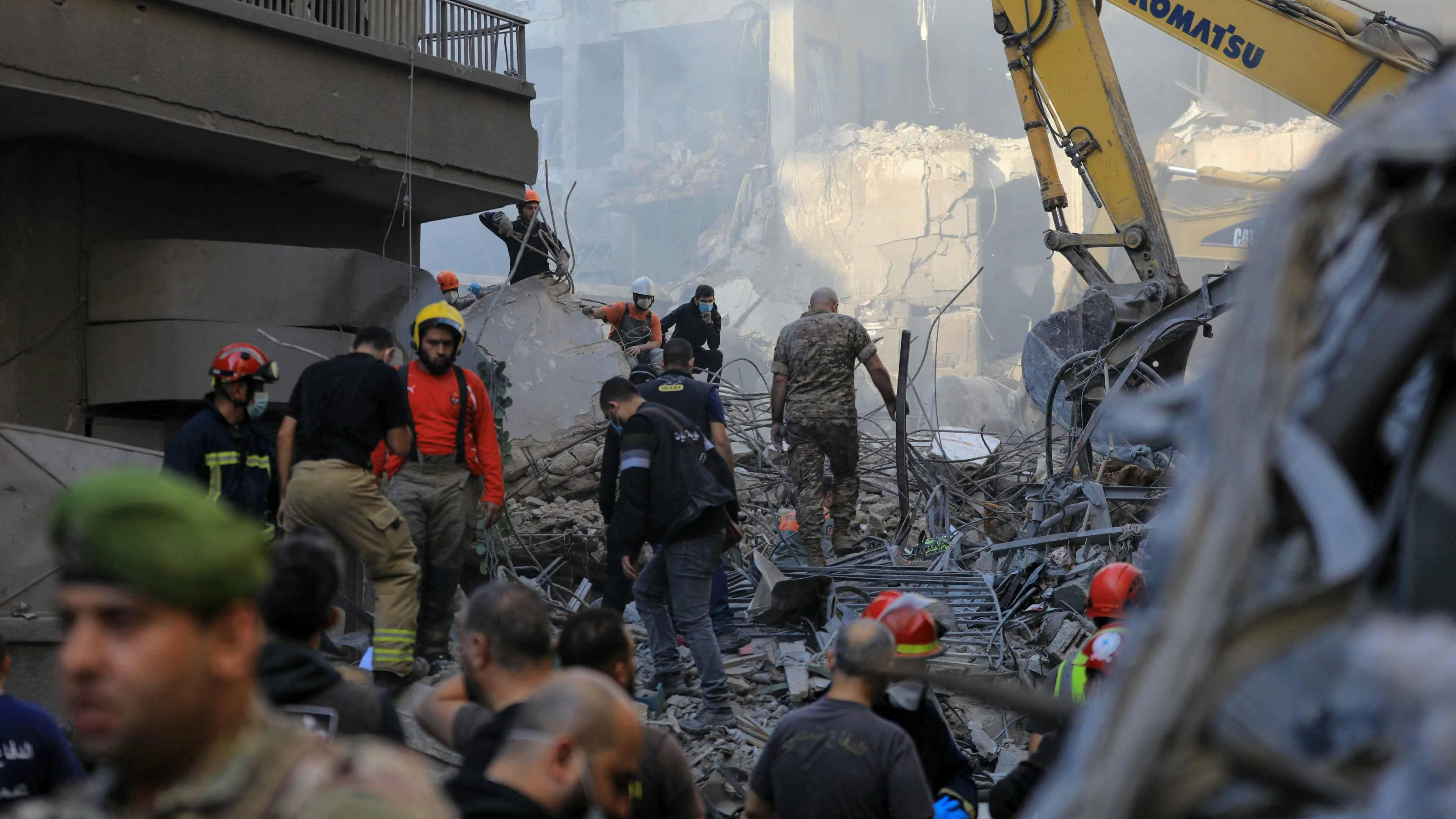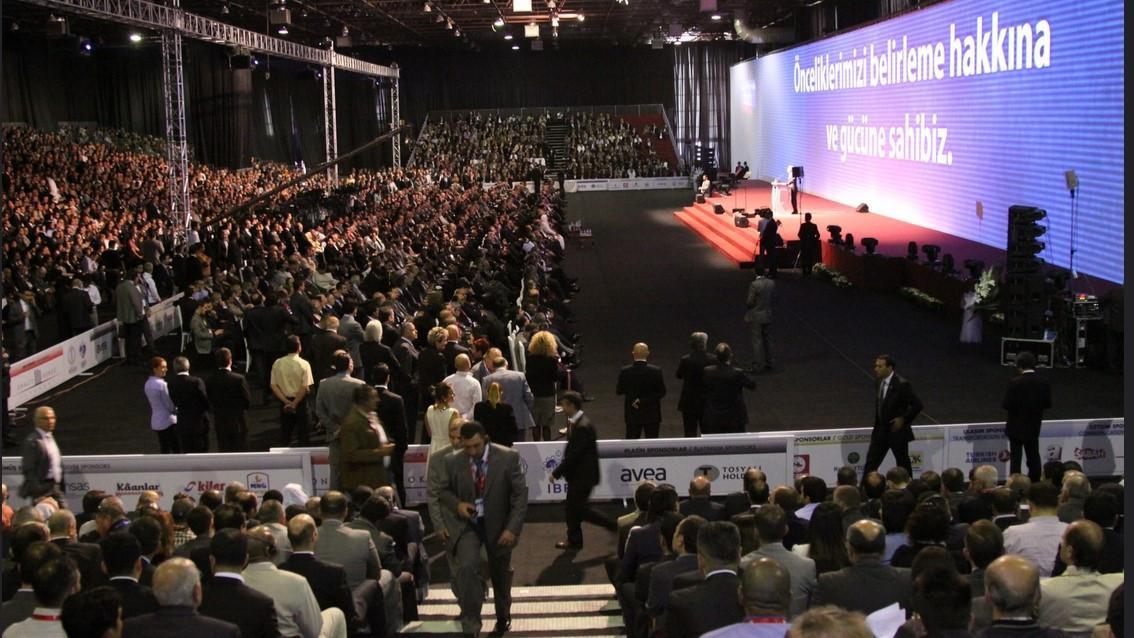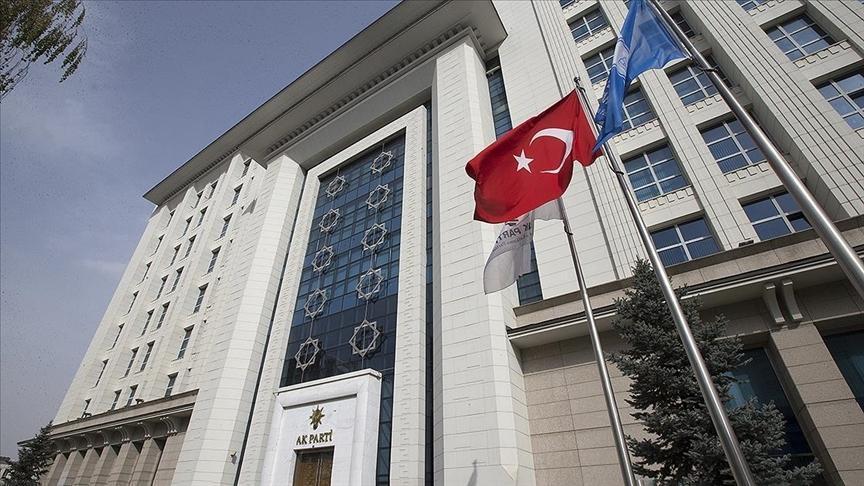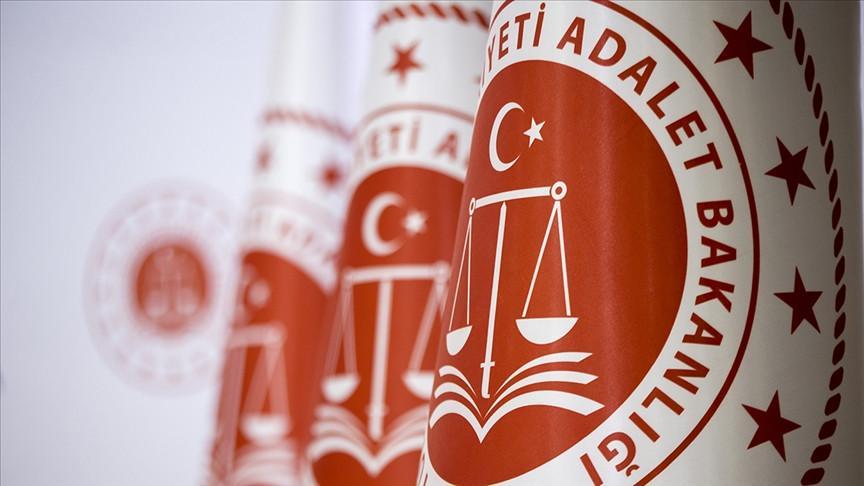Turkey, West hail Syria opposition vote to join peace talks
ADANA / WASHINGTON
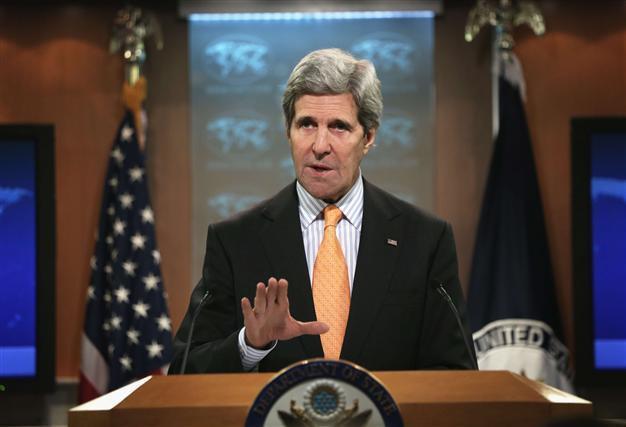
U.S. Secretary of State John Kerry also hailed the “courageous” decision by the National Coalition to attend the conference. AFP Photo
Turkey and Western leaders have hailed a decision by Syria’s opposition to attend an international peace conference this week alongside representatives of a regime they despise and remain determined to overthrow.“It is an important success for the opposition,” Davutoğlu said on Jan. 19 adding the opposition includes “all elements” inside. After weeks of hesitation and threats to boycott the talks, the deeply divided National Coalition said it will go to Switzerland this week, with the sole aim of toppling President Bashar al-Assad. Al-Assad’s government made concessions ahead of the conference that opens on Jan. 22 but said the president will not step down.
“The benefit of the Geneva conference is huge, but it is the international community’s determination that will decide whether there will be an outcome or not,” the foreign minister told Turkish ambassadors in the southern province of Adana. “If there is an agreement, then there should be U.N. presence in Syria with a Security Council decision.”
U.S. Secretary of State John Kerry also hailed the “courageous” decision by the National Coalition to attend the conference, describing it as a “path that will ultimately lead to a better future for all Syrians.”
“We all know that the process ahead will be difficult, but I say directly to the Syrian people: we will stand by you every mile of the journey as you seek to achieve the freedom and dignity that all Syrians deserve,” Kerry added.
Britain, France and Germany were equally elated with the opposition’s decision to overcome internal divisions and go to Switzerland. The Coalition voted on Jan. 18 by 58 to 14 to attend the peace conference, with only 75 of the around 120 delegates taking part in the secret ballot, a sign that strong disagreement persists.
Coalition leader Ahmad Jarba said the group was going to Switzerland only for the purpose of removing the “butcher” al-Assad from power. “The Geneva II negotiation table is a one-way road aimed at achieving all the demands of the revolution... and first and foremost stripping the butcher (Assad) of all his powers,” he said.
The head of the rebel Free Syrian Army, Gen. Selim Idriss, called for a “peaceful resolution” to the Syria war, and urged the opposition to work to end Assad’s 14-year grip on power.
Idriss said the “goals of the revolution” must be upheld, and that al-Assad’s cronies should also have no future role in Syria. The FSA, the armed wing of the Coalition, is the main rebel group in Syria, but it has been greatly marginalized by the emergence of jihadists fighters linked to al-Qaeda.
Coalition member Munzer Aqbiq said the opposition would form a delegation within 24 hours and that it will be made up of diplomats, politicians, FSA representatives and legal experts.
British Foreign Secretary William Hague called it a difficult decision, while German counterpart said it provided a “small glimmer of hope” for Syria’s people. French Foreign Minister Laurent Fabius said it was a “courageous choice.”
Al- Assad’s government offered concessions ahead of the conference, including a prisoner swap and a security plan for the battered northern city of Aleppo. Foreign Minister Walid Muallem said Damascus was determined to ensure the talks were a success, and sent a letter to the United Nations saying the conference is about getting rid of extremists.
Kerry dismissed the concessions, saying “nobody is going to be fooled.”
“They can bluster, they can protest, they can put out distortions, the bottom line is we are going to Geneva to implement Geneva I, and if al-Assad doesn’t do that he will invite greater response,” said the U.S. chief diplomat.
More than 35 countries will gather in the Swiss cities of Montreux and Geneva from Jan. 22 for the peace conference, as reports from Syria spoke of more bloodletting and infighting among rebels. The Syrian Observatory for Human Rights, which relies on activists on the ground for its reports, said regime jets and helicopters pounded Aleppo and the surrounding countryside on Jan. 18, killing 34 people.


